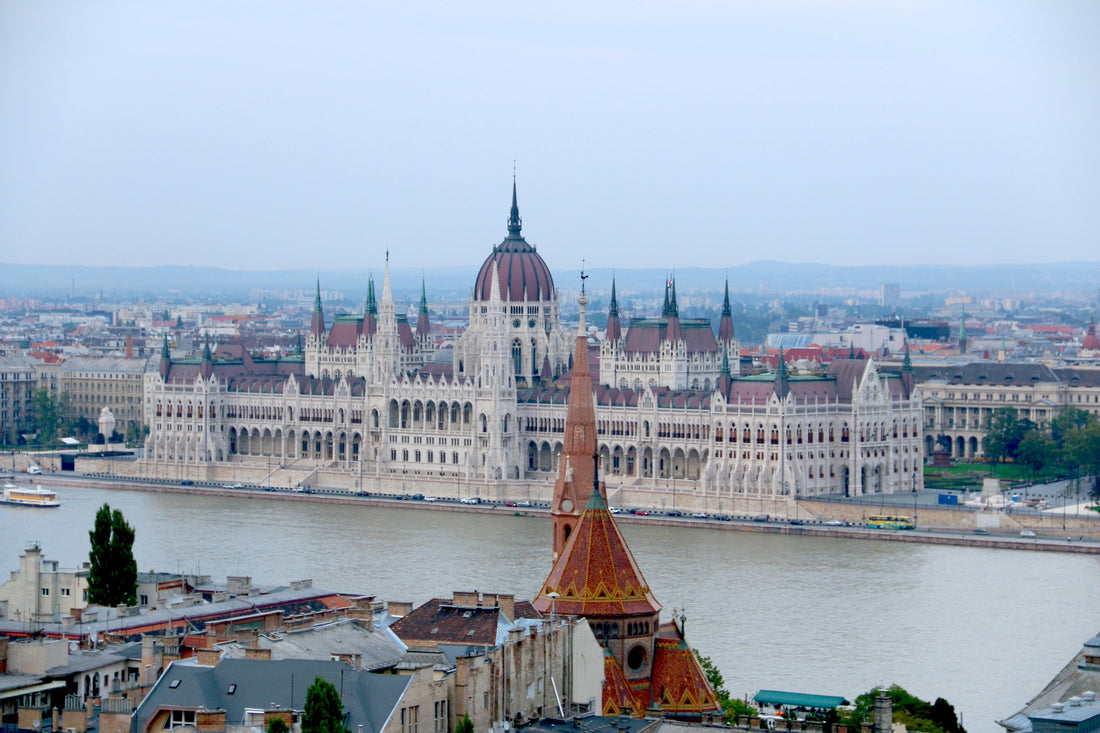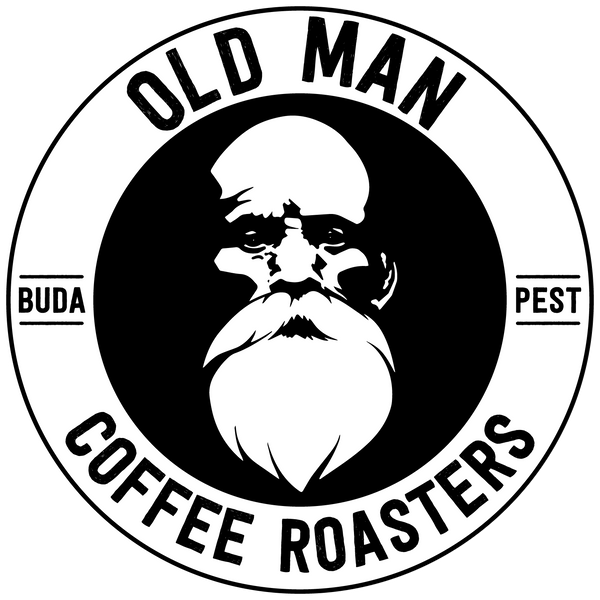In the year 1526, the Battle of Mohács saw the invasion of Hungary by the Turks, marking a significant historical event. It was shortly after this that coffee found its way to Vienna, brought by the same Turks who had clashed with Europeans during the Siege of Vienna in 1529. Subsequently, coffee made its debut on the island of Malta, introduced by enslaved individuals towards the end of the 16th century. This alluring beverage quickly gained favour among Maltese high society, leading to the emergence of numerous coffee shops across the island.
The first route for the spread of coffee originated in the vast Ottoman Empire, which served as a crucial gateway for introducing commodities such as coffee to Europe. The second route was centred around the port of Mocha in Yemen, which played a pivotal role in the coffee trade. This route involved the East India Trading Co. procuring and transporting substantial quantities of coffee to mainland Europe, contributing to the widespread popularity of the beverage in the region.
Coffee has been deeply woven into the fabric of European culture, captivating the interest of monarchs, aristocrats, and the general populace. The integration of coffee into Western society can be traced alongside the transmission of scientific knowledge and discoveries facilitated by the Islamicate Empires. This connection is manifested not only through the widespread usage of the term 'coffee arabica' but also in the physical distribution of the beverage across different regions.
Enjoy your coffee!

